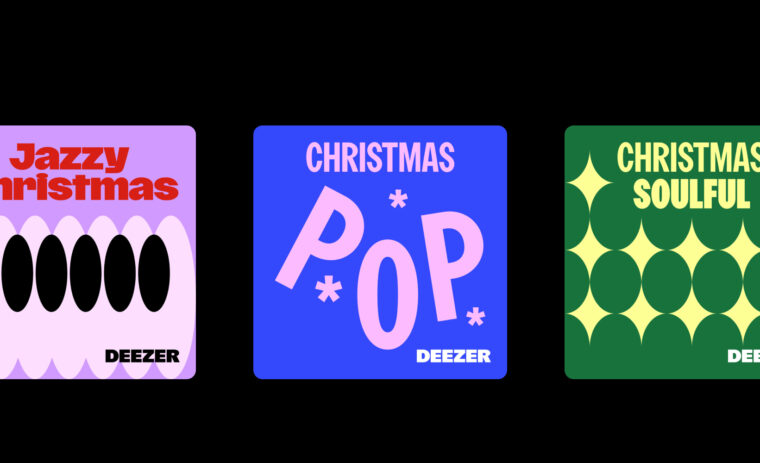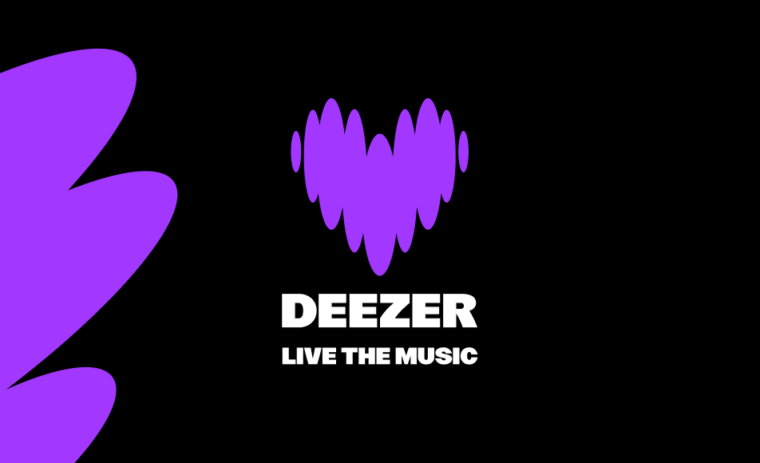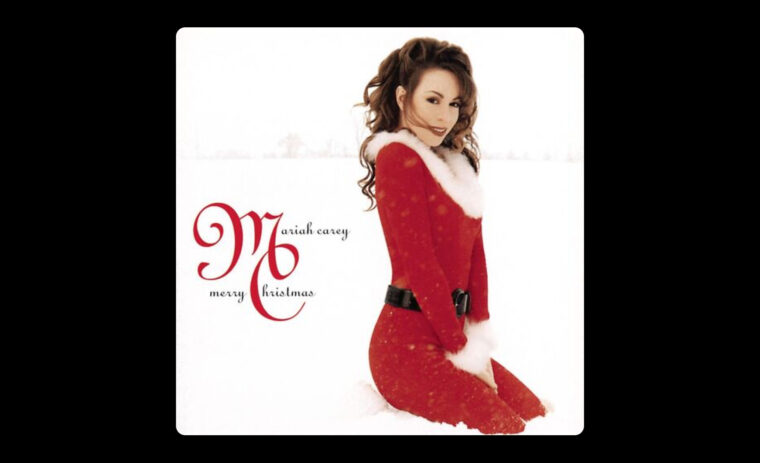While the Christmas season may not officially begin until after Thanksgiving, there’s nothing in the rules to say you can’t play Christmas music long before then. Of course, the holiday season is all about traditions, and your Yuletide playlist should have an ample supply of classics right alongside your more contemporary faves. We put together a list of the best Christmas music and our top-rated Christmas songs so you can be sure your playlist doesn’t miss a beat.
1. Frank Sinatra, “I’ll Be Home For Christmas (If Only In My Dreams)”
In mid-century America, there was no bigger name in entertainment than Frank Sinatra, star of vinyl records and on silver screens alike. This song was originally written for Bing Crosby in 1943 as tens of thousands of young Americans were overseas fighting in World War II. Crosby’s version was a smashing success, but we also like this version found on Sinatra’s 1957 album, A Jolly Christmas From Frank Sinatra. There’s a sadness in Sinatra’s voice that lends a certain sentimentality to the rendition, making it accessible not just to soldiers overseas but to anyone caught far from home when the holidays roll in.
2. Johnny Mathis, “O Holy Night”
Mathis’ 1958 holiday album, Merry Christmas, is chock full of banger after banger, but the best might just be this beautiful and powerful take on this 19th-century carol. A simple melodic line and orchestral backing provide the ideal canvas for Mathis’s voice to take center stage. When he croons, “Fall on your knees / O hear the angel voices!” the notes stretching and rising, you start to get a sense of what his voice can do.
3. Dean Martin, “Baby, It’s Cold Outside”
Sinatra’s Rat Pack crooner crony Dean Martin’s take on this coy 1959 classic has been a Christmas favorite for decades, though it wasn’t written as a Christmas song in mind. Instead, Martin plays the role of a wooer trying to keep his date from leaving while his female backup singers offer one reason after another that the date should head home. The back-and-forth call-and-response style oozes charm, though it’s faced some controversy in recent years, with some claiming the song’s lyrics have sexist undertones (though defenders argue the critics merely misunderstand the mores of the era). Based on the tongue-in-cheek photo of the album the song was featured on alone, spoofing Martin’s playboy image, we tend to agree the song’s all in good fun.
4. Elvis Presley, “Blue Christmas”
This country-tinged Christmas standard off Elvis’ Christmas Album puts the King’s voice front and center, with those trademark stutter-step vocalizations and warbles on full display. The production is relatively spare, featuring a guitar, snare drum, and backup harmonies from the Jordanaires, but it’s enough for two minutes of pure holiday bliss. The lyrics play on the loneliness the holidays can often bring but add in a touch of heartbreak for extra measure: “You’ll be doing all right with your Christmas of white / But I’ll have a blue Christmas.”
5. Burl Ives, “Silver and Gold”
“Silver and gold, silver and gold, everyone wishes for silver and gold,” Ives sings in his warm and inviting voice as backup harmonies coo in alongside chiming bells and a lilting orchestral track. It’s the deceptively simple lyrics from songwriter Johnny Marks that elevate this tune off the soundtrack to the 1964 stop-motion animated musical TV special, Rudolph the Red-Nosed Reindeer. “How do you measure its worth?” wonders Ives, who had a career as a folk singer alongside Pete Seeger and Woody Guthrie before his induction into cartoon immortality. He then answers his own question by turning those colors from symbols of greed into ones of good cheer: “Silver and gold / Mean so much more when I see / Silver and gold decorations / On every Christmas tree.” Where will you find another snowman with such wisdom?
6. Bing Crosby and David Bowie, “Peace on Earth / Little Drummer Boy”
This 1977 pairing of swing-era crooner Crosby and glam rocker Bowie seems at first glance like an odd pairing. Crosby, with his rich, smooth tones and jazzy vocal phrasing, was the quintessential establishment star, Academy Award-winning actor, Grammy-winning singer, and recording industry pioneer (he’d been the first to pre-record radio shows on acetate). Bowie, on the other hand, was the rock and roll rebel, at a time when rock was still seen as dangerous and subversive. But Bowie’s powerful, reedy voice plays perfectly off Crosby’s distinctive bass-baritone, and the point-counterpoint styling of the classic “Little Drummer Boy” carol and the freshly-written “Peace on Earth” proved poignant and memorable.
7. Thurl Ravenscroft, “You’re a Mean One, Mr. Grinch”
There is something about animated holiday TV specials that must inspire music producers. Who can resist this gem from the 1966 classic, “Dr. Seuss’s How the Grinch Stole Christmas”? Featuring legendary voiceover artist Ravenscroft (who also voiced Kellogg’s Tony the Tiger in countless TV commercials and is featured in Disneyland rides like the Haunted Mansion), the song playfully recounts all the ways the Grinch is objectionable. “Your heart is full of unwashed socks, your soul is full of gunk / Mr. Grinch / The three words that best describe you are as follows, and I quote / “Stink, stank, stunk!” sings Ravenscroft, and now we’re wondering if it’s too late for a Tony the Tiger Christmas special.
8. The Pogues feat. Kirsty MacColl, “Fairy Tale of New York”
“It was Christmas Eve, babe, in the drunk tank,” warbles singer-songwriter Shane MacGowan, vocalist for the celebrated Irish folk-punk band the Pogues on this tune off the band’s 1987 release, If I Should Fall From Grace With God. The opening line lends the song a distinctive grittiness uncommon to most holiday offerings. MacGowan then continues, his words gaining a darker edge: “An old man said to me, won’t see another one,” and now death is on the horizon. The lyrics then transform into a dialogue between two lovers at loggerheads, with MacColl (daughter of the Scottish folk singer Ewan MacColl) praying this Christmas is the couple’s last, while MacGowan believes there’s a future for them, telling her, “Got on a lucky one / Came in eighteen to one / I got a feeling / This year’s for me and you.” The relatability of the characters and the appeal of the music, filled with banjo, accordion, guitar, and drums, make this song a perennial favorite.
To read on the same subject:






